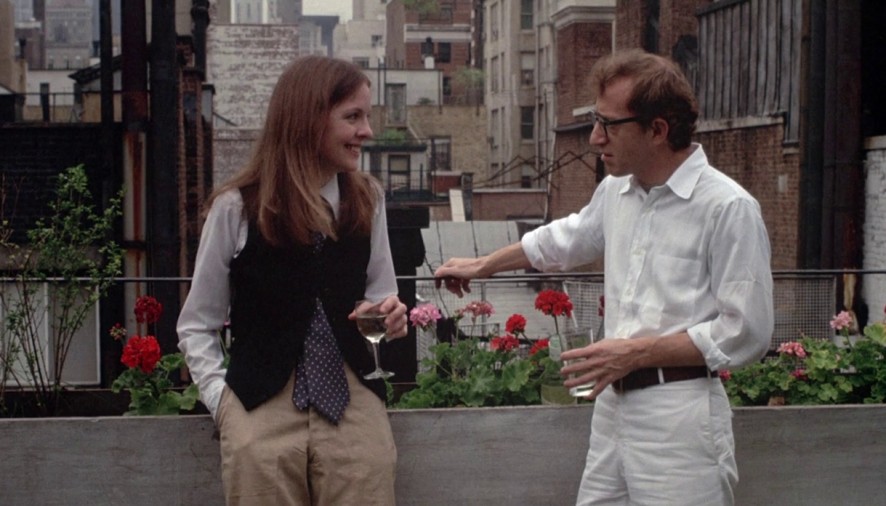Woody Allen’s most recent effort, Café Society, enjoyed the privilege of premiering as the opening film of the 2016 Cannes Film Festival. Attention, however, was diverted from the director’s work when French comedian Laurent Lafitte, in his role as the opening night‘s master of ceremonies, jokingly alluded to Allen’s infamous past relationship with actress Mia Farrow. In 1992 Allen was subject to sex abuse allegations concerning the couple’s adopted child Dylan Farrow, although the case was dropped some seven months later. Allen’s relationship with his now adult adopted child Soon-Yi Previn did little to quell the judgement of many regarding his private life.
The actresses who have worked under him, Farrow excluded, seem to love him, despite what accusations may have stained the director. Blake Lively responded to Lafitte’s comments by defending the director: “My experience with Woody is he‘s empowering to women”. In her many acceptance speeches picking up gongs for her role in Blue Jasmine, Cate Blanchett often mentioned Allen’s unrelenting output, and the work he had created for actresses. Unfortunately for Allen, mere endorsements of his character have done little to exonerate him in the eyes of many of his detractors. In recent years, a wellspring of those ready to call for a blanket boycotting of all of Allen’s work has emerged; should we, perhaps, ask ourselves if such a reaction is justified?
Attempting to compartmentalise the artist/politician/philosopher from their work is not a new endeavour. In 2010 Stephen Fry starred in a documentary entitled Wagner and Me, in which he attempted to reconcile his love for the musician, despite the fact he was deplorably anti-Semitic. Assuming, though, that art can triumph over biography, was much easier for Fry, as the person he was reconciling with is dead and has been dead for a very long time. Woody Allen, on the other hand, is very much alive. When you buy a ticket to one of his films you are financing his ability to make his next film, perpetuating his career. A similar qualm is the reason so many, even those who love the artist’s works, find viewing a current Roman Polanski film a moral conundrum.
In contrasting Allen with Polanski, perhaps unfairly, we do find what could be the crucial differentiator between the two. While Polanski was actually charged with crimes he has since fully admitted to committing, Allen was simply investigated – never charged – and has certainly always fervently denied any wrongdoing. Whilst it may be appealing to bow to our most base instincts, to grab our pitchforks at the idea of the injustice of a child molester going unpunished for almost thirty years, for the time being it remains only that: an idea, an accusation, but far from any assurance of guilt. Allen’s association to Polanski as a filmmaker in a similar situation will have done little to help. In addition to this, Hollywood’s persistence in defending Polanski has left many, perhaps rightly, sour on the subject, but this does not need to extend to someone who has done no wrong in the eyes of the law. For justice to work in its current fashion in our society, Allen has the same right to live an unperturbed and un-harassed life, and he has a right to remain a filmmaker.
Jonathon Atkinson
(Image courtesy of United Artists)

